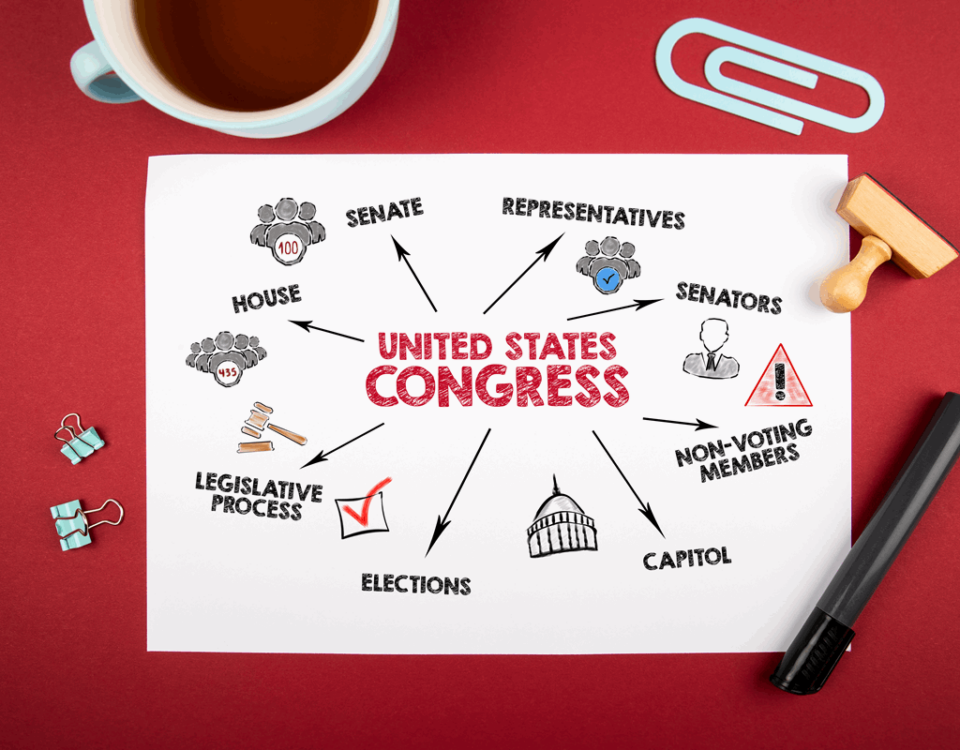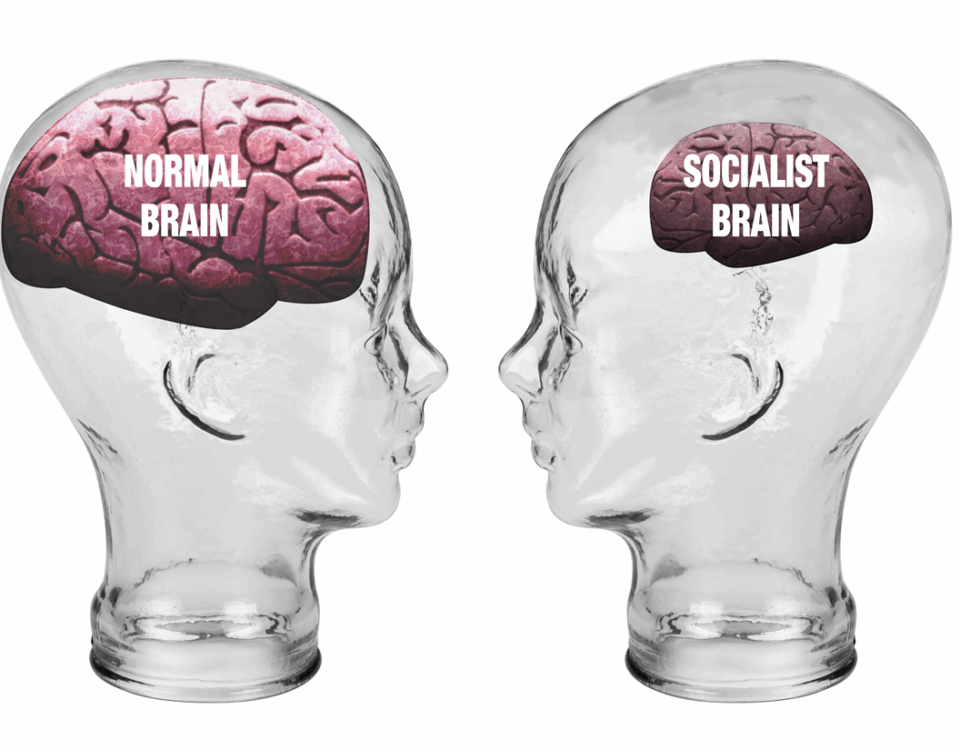
Progressives’ Hostile Takeover of Election Day
November 4, 2024
Iran’s History of Terrorism
November 10, 2024Top 3 Closest Presidential Elections
Several presidential elections in American history have been notably close, with narrow margins either in the popular vote, the electoral vote, or both. Here are three of the closest presidential races in U.S. history, each with significant impacts on the nation and often on the future of American politics.
- The Election of 1876: Rutherford B. Hayes vs. Samuel J. Tilden
The 1876 election is widely considered the closest and most disputed in U.S. history. Democrat Samuel J. Tilden won the popular vote by over 250,000 votes, but neither he nor Republican Rutherford B. Hayes secured a clear electoral majority. Tilden had 184 electoral votes which was just one shy of the 185 needed to win. Hayes, with 165 electoral votes, was 20 votes behind. However, 20 electoral votes from Florida, Louisiana, and South Carolina were in dispute, with both parties claiming victory in these states amid widespread allegations of electoral fraud and voter intimidation.
The crisis was resolved when Congress established a bipartisan Electoral Commission to review the contested votes. After a series of closed-door negotiations and political maneuvering, known as the “Compromise of 1877,” the commission awarded all 20 disputed votes to Hayes, granting him a one-vote victory in the Electoral College with a final count of 185 to Tilden’s 184. In return, Republicans agreed to end Reconstruction by withdrawing federal troops from the South. This outcome effectively ended federal intervention in Southern politics, marking the start of the Jim Crow era.
- The Election of 1960: John F. Kennedy vs. Richard Nixon
The 1960 election between Democrat John F. Kennedy and Republican Richard Nixon was one of the closest of the 20th century and remains famous for its razor-thin margins and high stakes during the Cold War. Kennedy won the popular vote by only about 113,000 votes with a margin of just 0.17% out of nearly 69 million votes cast. His Electoral College victory was more decisive, at 303 to Nixon’s 219, but this still did not fully reflect the closeness of the race.
Kennedy’s success has often been attributed to the first-ever televised presidential debates, which many believe gave him a crucial edge in public perception. Many who watched the debates on TV found Kennedy more composed and charismatic, while those who listened on the radio were more inclined to favor Nixon. Accusations of voter fraud, particularly in Illinois and Texas, clouded Kennedy’s narrow victory, with claims that Democratic machines in those states skewed the results. Despite the controversy, Nixon chose not to contest the election, and Kennedy became the nation’s youngest elected president at the age of 43.
- The Election of 2000: George W. Bush vs. Al Gore
The 2000 election between Republican George W. Bush and Democrat Al Gore is perhaps the most infamous in modern U.S. history for its extended legal battles and recount controversies. Al Gore won the national popular vote by around 500,000 votes, but the Electoral College result hinged on the outcome in Florida. With only a few hundred votes separating Bush and Gore in Florida, a recount was triggered, leading to intense legal disputes over “hanging chads” and ballot design irregularities.
The controversy ultimately went to the U.S. Supreme Court, which in Bush v. Gore halted the recount, effectively awarding Florida’s 25 electoral votes and the presidency to Bush with a narrow 271 to 266 Electoral College victory. The election highlighted flaws in the American electoral system, especially regarding vote counting and ballot design. It also spurred movements for electoral reform in the U.S. and drew attention to the importance of the Supreme Court in political decisions.
Each of these elections underscored the impact of close contests on national unity, legal frameworks, and public trust. Whether through political compromises, televised debates, or judicial intervention, they reshaped the political landscape and set precedents for future elections.
C. Rich
CRich@AmericaSpeaksInk.com

C. Rich is the voice behind America Speaks Ink, home to the America First Movement. As an author, poet, freelance ghostwriter, and blogger, C. Rich brings a “baked-in” perspective shaped by growing up on the streets and beaches of South Florida in the 1970s-1980s and brings a quintessential Generation-X point of view.
Rich’s writing journey began in 2008 with coverage of the Casey Anthony trial and has since evolved into a wide-ranging exploration of politics, culture, and the issues that define our times. Follow C. Rich’s writing odyssey here at America Speaks Ink and on Amazon with a multi-book series on Donald Trump called “Trump Era: The MAGA Files” and many other books and subjects C. Rich is known to cover.
“America Speaks Ink is a Google News approved source for Opinion”





